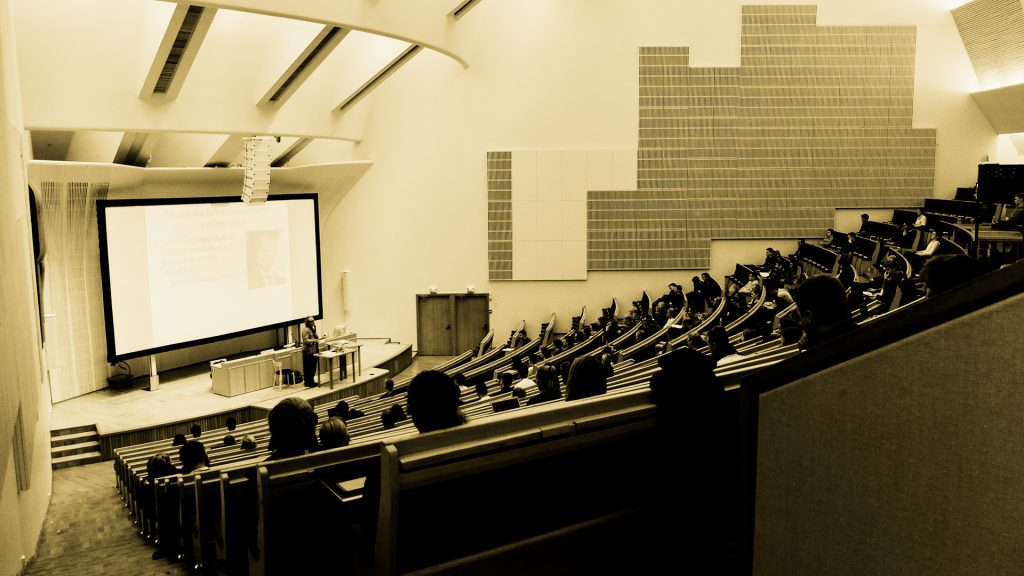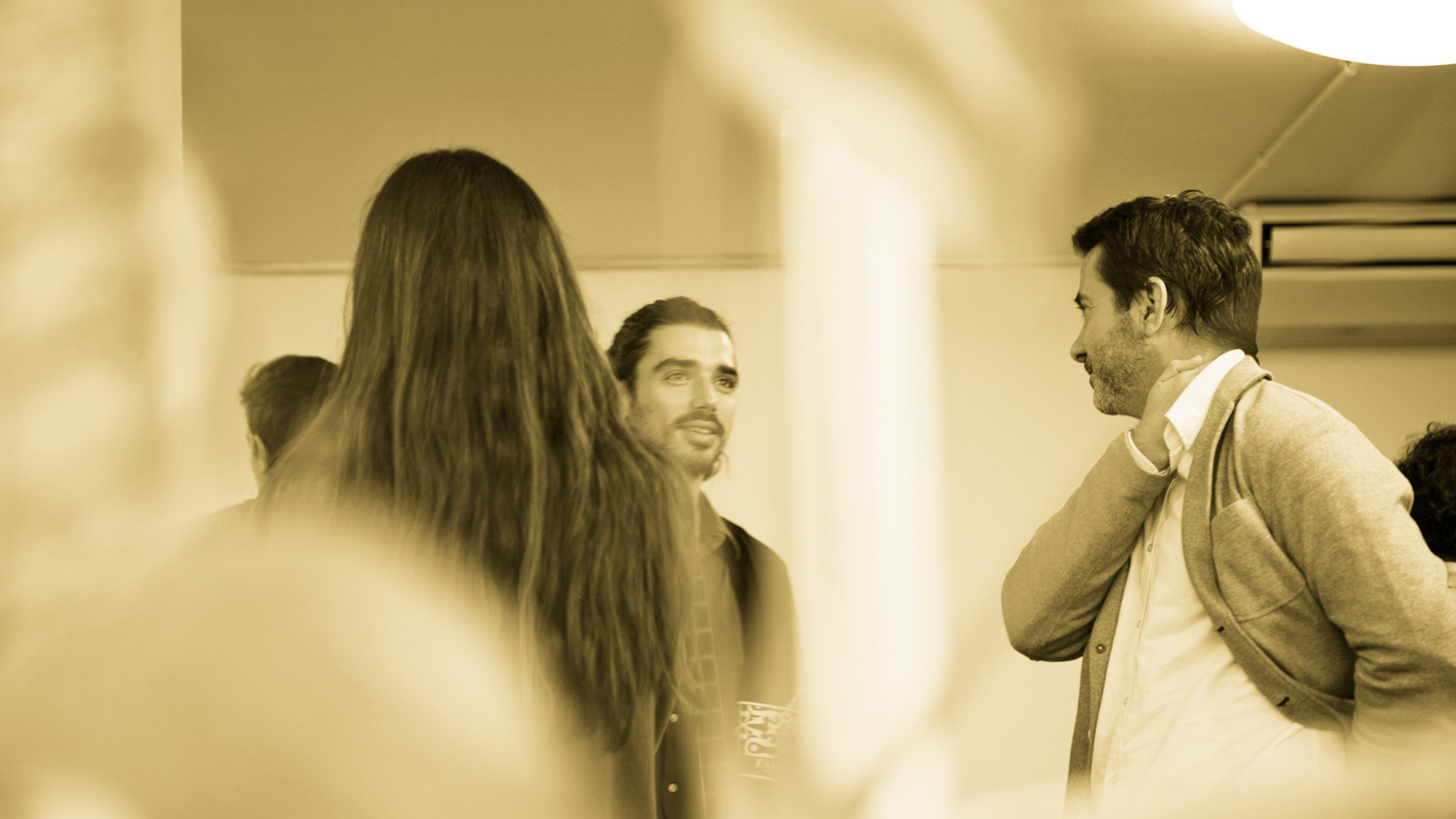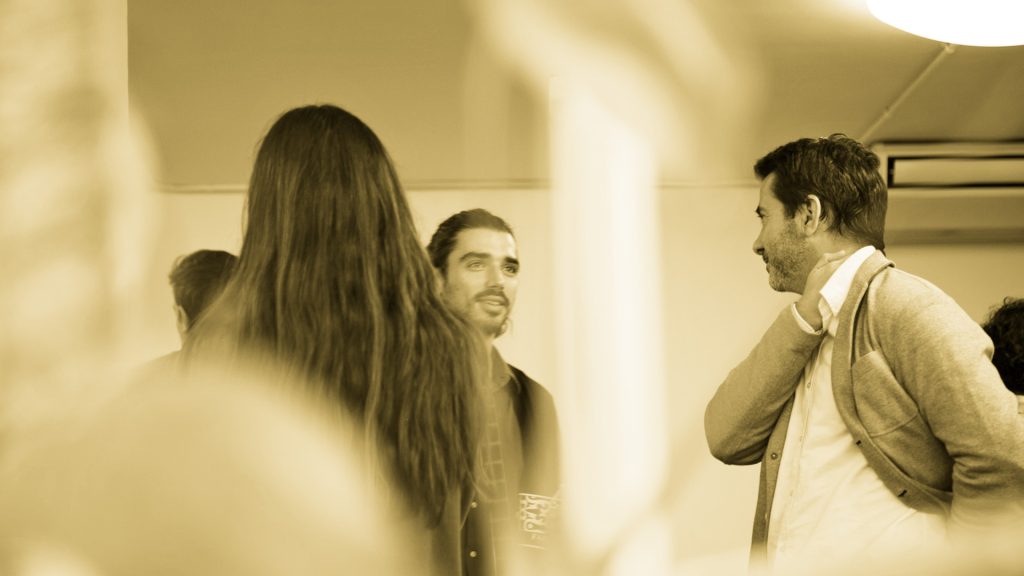On the Executives Unpacked Podcast, we have the opportunity to sit down with some of the most remarkable leaders and thinkers in the tech space. On Episode 35, we had the pleasure of speaking with Rob Malcolm, the General Manager of the Ad Tech Business Unit at Imagine Communications, about his career as a leader of innovation among communications technologies providers. Here are some of the highlights of our conversation:
What do you wish you’d been told earlier in your career?
Most of the hard lessons that I’ve learned in my career, at some point, somebody did pull me aside and tell me, ‘You should really not do this,” or “Really think about that.” But, in most aspects of life, I think you have to learn the hard way.
I’ll give you an example of one particular area that I’ve struggled with in my career. I’ve always been a very hard worker, somebody who had a very strong work ethic, somebody who would work much longer than I needed to or than I should have for my own benefit. On numerous occasions my bosses or leaders would pull me aside and say, “Rob, you do realise that you don’t need to work as hard as you are, right? 80% of the results are going to be caused by 20% of your effort. You really need to pick your battles and understand what’s going to make a real difference rather than trying to solve every problem.”
I’m much better at that now. That advice has made a difference in my career, even if it was subconscious. I’m at a point now where it’s in my DNA, so I still work incredibly hard, but it’s more about focusing on the things that will make a real difference. That understanding has taken 20 years of learning to reach.
What is the best bit of advice you’ve ever been given?
There are two things that stand out in my life that made a big impression on me. My father always used to say, “It doesn’t matter what you do when you grow up, you just have to be the best in the world at it.” I always thought that was interesting – and kind of strange – but I understand what he means by that now. Being the best in the world at something has incredible value and brings a lot of rewards, and to some degree I have aspired to it.
The other thing that happened to me very early on in my career – it was my first job in fact, when I was 16 years old – the manager at the time got really frustrated because I asked him a really stupid question about solving a particular problem. He lost it and said, “Can you just show some initiative?” The message was, ‘Don’t ask me stupid questions, just figure it out yourself’. That was a real tipping point for me, and to some degree has shaped my career ever since. You need that willingness to show initiative rather than being told what to do, go and figure it out, and bring a solution to the table.

Can you identify a single thread that’s run throughout your career and led to your success?
Yeah, definitely. What many younger people forget is that senior leaders don’t know how to solve all the problems. In many cases, they are apprehensive about the future and how to make the numbers. We struggle with impostor syndrome. Leaders are not immune to those types of challenges. The single biggest gift that you can give as a young person to a leader is to genuinely want to help them, genuinely try to be part of a team, genuinely want the team and the company to succeed.
I’ve always had that innate desire to do whatever it took, whether that’s innovate, be creative, etc, to succeed. That put me in really good stead with my superiors when I was younger, and as a consequence, I was ultimately given more responsibility, which led to more responsibility. On the flip side, I hear young people say, “That’s not in my job description”, or want to have a nine-to-five job, and that’s perfectly fine for some people, but for me, if you want to develop your career, learn as much as you possibly can. The first step is a genuine desire to be part of the team and to help everybody win.
What bit of advice do you always give to somebody else?
The last bit of advice I would give, particularly to younger managers, is to be honest with your direct reports about what you like, what you don’t like, and what you think they could do better. That’s a real gift to them. You should do that as much as you possibly can. Real-time feedback about performance is absolutely critical.
One of the things that I run into, particularly with my younger teams, is that they struggled to performance manage, and to manage people out of their teams or organisations. I always tell them, “If you don’t have a great team, you will not be able to achieve what you need to achieve”. That doesn’t mean that you have to be rude or cruel or anything other than completely empathic and human, but at the end of the day, the world is a big place, and people will naturally find the place where they ultimately thrive. If they’re not thriving in your team, then it’s a problem for you, and it’s a problem for them. As long as you deal with it in a compassionate way, it can be good for everybody involved.
To hear more from Rob, tune into Episode 35 of Executives Unpacked here.



















































